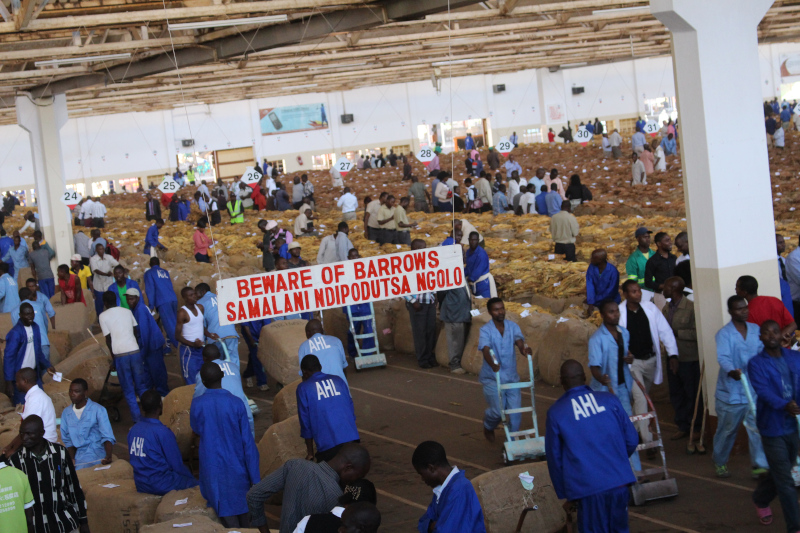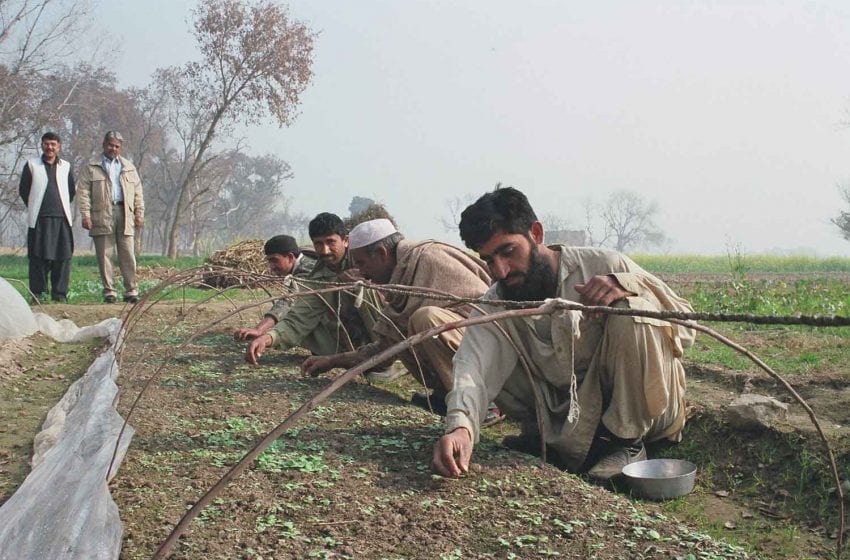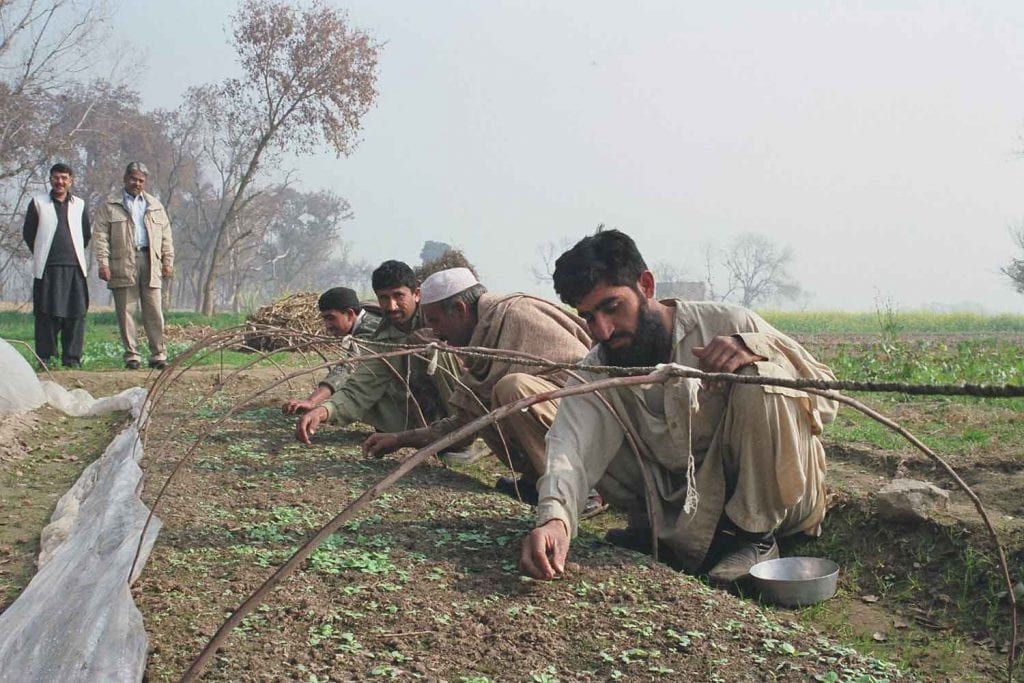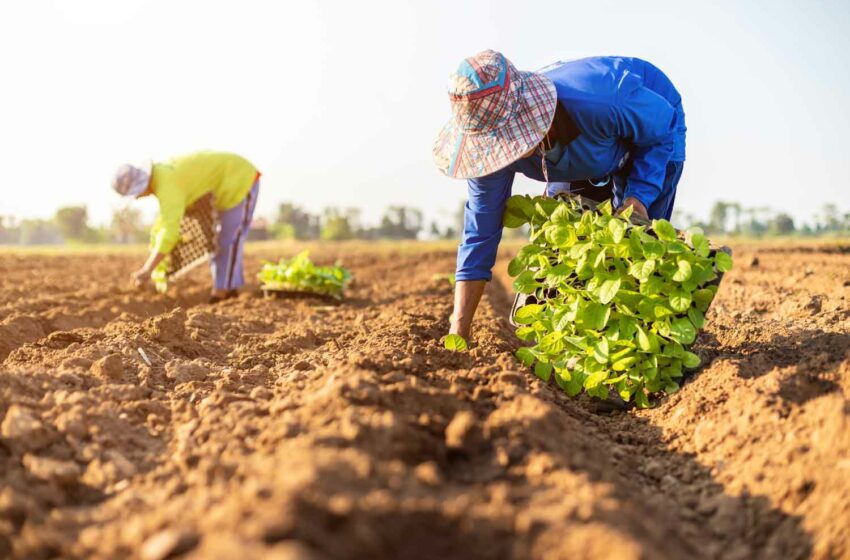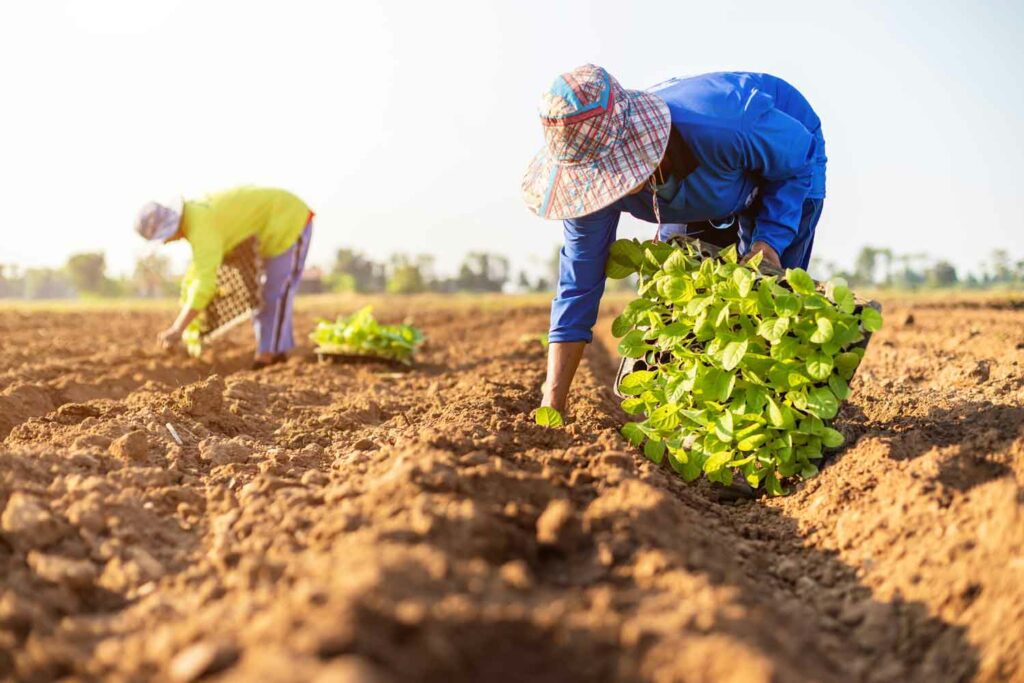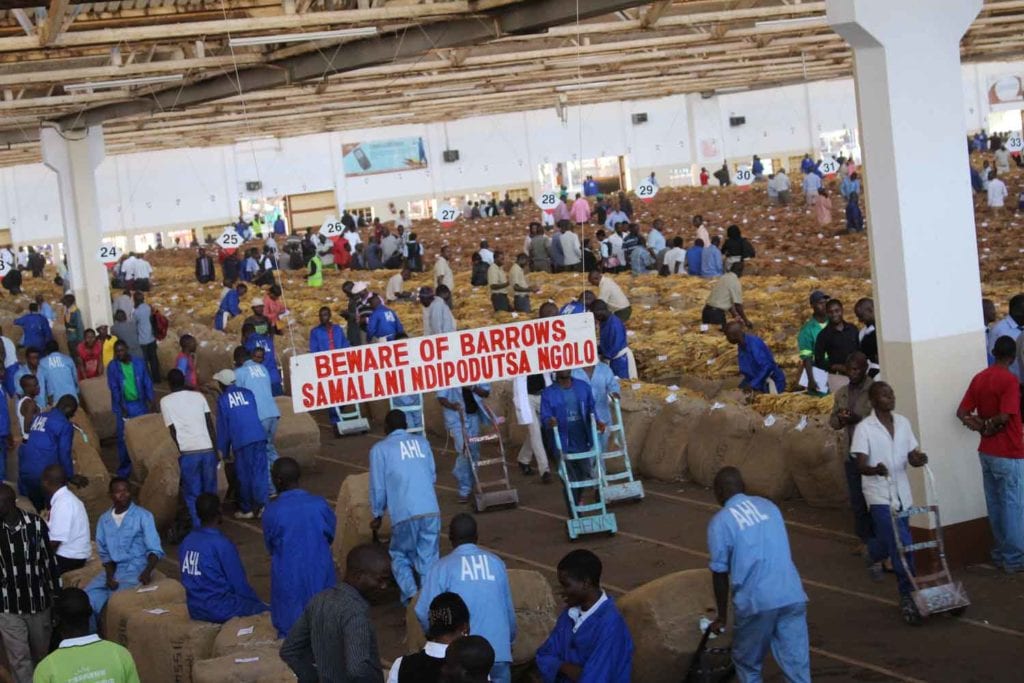
Malawi is now a full party to the World Health Organization’s Framework Convention on Tobacco Control (FCTC). The government ratified the FCTC in August 2023, and the treaty took effect Nov. 16.
“WHO congratulates Malawi for this historic step and reaffirms its strong commitment to collaborating closely with the government to achieve the shared goals of the WHO FCTC,” said Neema Rusibamayila Kimambo, WHO representative in Malawi, in a statement. “Together, we will continue our collective efforts to protect public health and work towards a tobacco-free future.”
The WHO said it is ready to provide extensive support to ensure Malawi’s successful implementation of the convention and welcomes the nomination of a government liaison to work closely with the FCTC Secretariat.
The FCTC, which entered into force in February 2005, provides an internationally coordinated response to combating the health impact of tobacco, setting out specific steps for governments addressing tobacco use and production.
The treaty also promotes crop replacement and diversification.
Malawi is one of the world’s tobacco-dependent economies. Depending on the season, tobacco accounts for between 40 and 70 percent of the country’s export earnings.
In a special report earlier this year, Tobacco Reporter examined industry efforts to help Malawi strengthen its economy by developing supplemental value chains, such as groundnuts, bananas and mushrooms.

